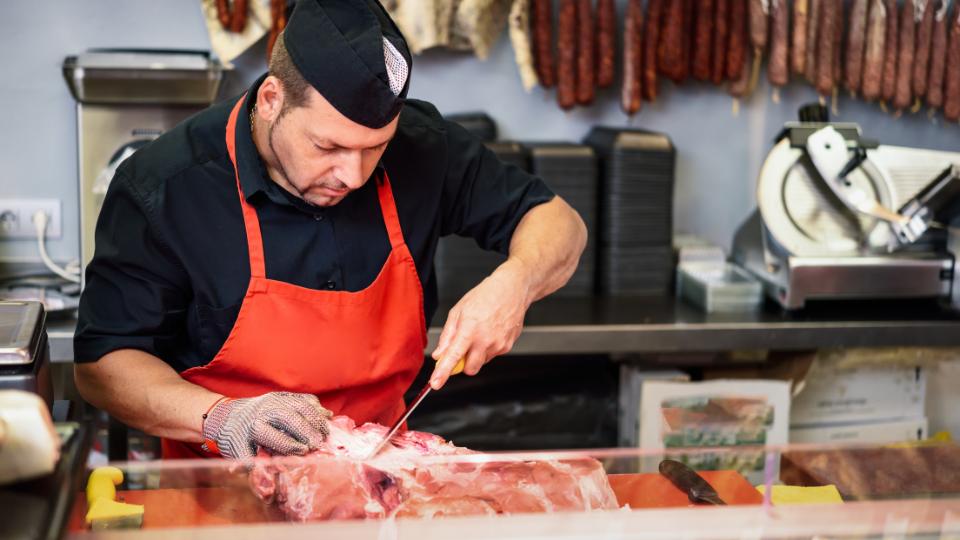
In the UK, butcheries and the broader meat industry are taking significant steps to reduce meat waste, aligning with sustainability goals and improving operational efficiencies!
This initiative is part of a larger movement towards a more sustainable food system, addressing both economic and environmental concerns.
Table of Contents
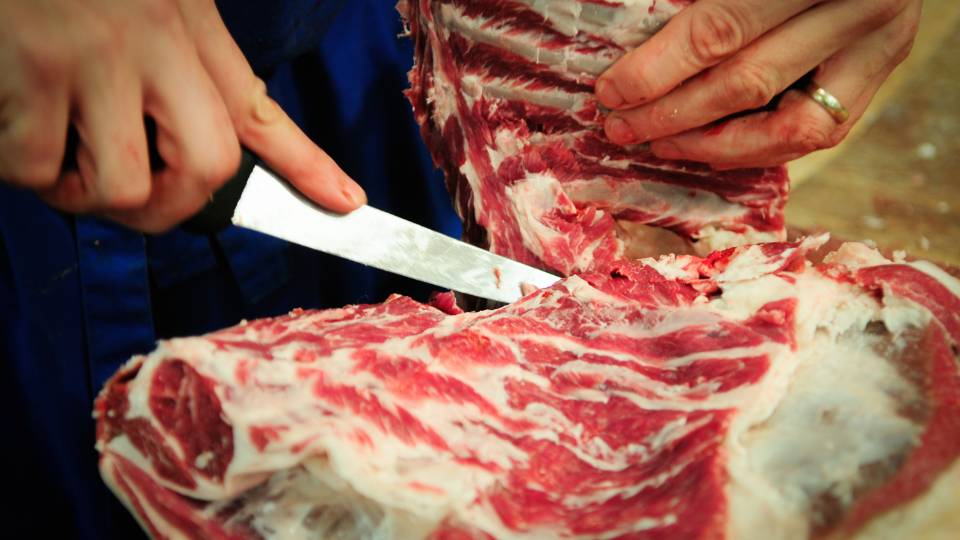
Meat Waste Reduction Achievements
Here are some of the key achievements of the butchery and meat industry over 2023.
Collaborative Industry Efforts to Reduce Meat Waste
- The “Meat in a Net Zero World” initiative, facilitated by WRAP (Waste and Resources Action Programme), involves 40 stakeholders across the UK meat supply chain.
This collaboration aims to make the UK meat industry one of the most efficient and sustainable globally.
The initiative focuses on reducing greenhouse gas emissions, protecting natural resources, and significantly cutting meat waste.
- In 2021, businesses representing more than 75% of the UK’s meat processing sector committed to the Food Waste Reduction Roadmap, reporting a collective reduction of over 20,000 tonnes of food waste, an average decrease of 30%.
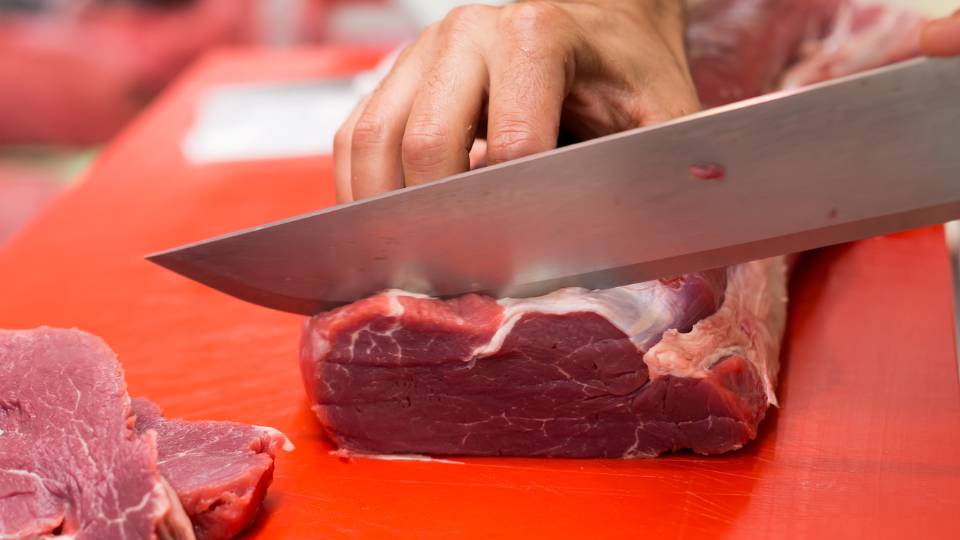
Technological and Process Innovations to Reduce Meat Waste
- Innovations in meat processing and packaging are critical in reducing waste.
For example, advancements in refrigeration and storage technologies help maintain meat quality for longer, reducing spoilage.
- Processors are increasingly adopting precision farming techniques and feed innovations that enhance productivity while minimising waste and environmental impact.
These measures ensure that the entire supply chain, from farm to fork, is optimised for sustainability.
Interested in the environmental impact of butchery waste? Check out our blog!
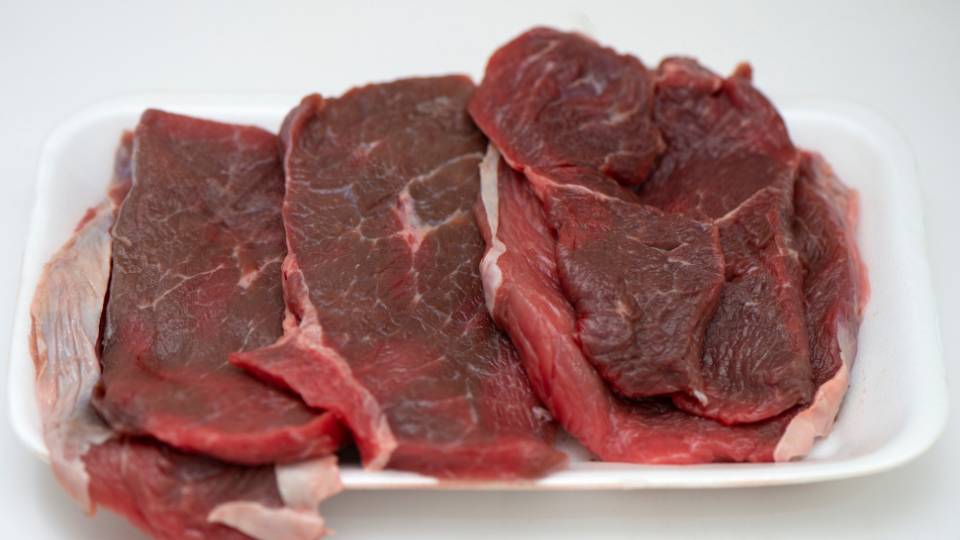
Retail and Consumer Engagement
- Major retailers and meat processors are actively involved in consumer education campaigns to promote better meat storage and cooking practices, which helps reduce household meat waste.
Initiatives like “Love Food Hate Waste” by WRAP provide practical advice to consumers on how to store and use meat more efficiently.
- Retailers are also optimizing their supply chains by improving demand forecasting and inventory management, ensuring that meat products are sold within their optimal freshness period.
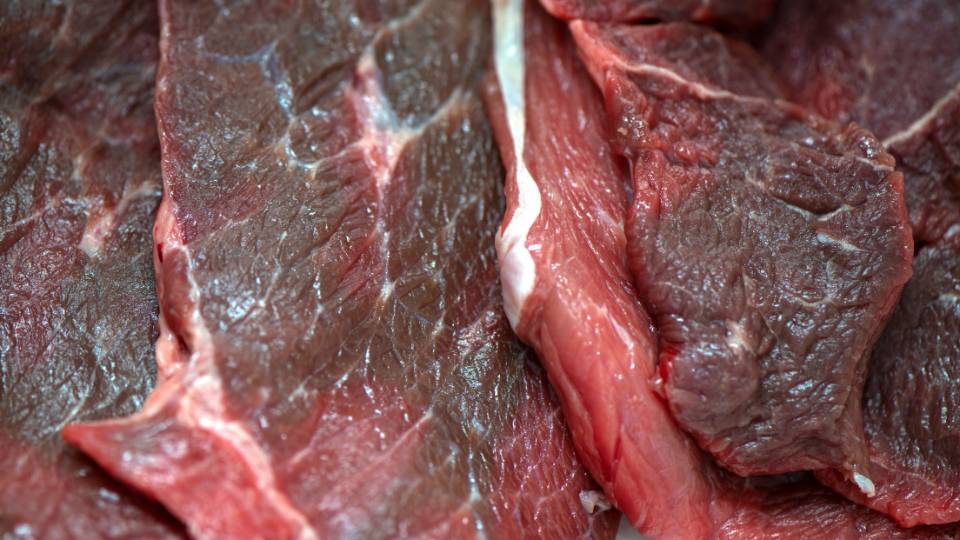
Real-Life Examples of Meat Waste Reduction
- WRAP’s Annual Progress Summary:
The 2021-2022 report highlighted that meat processors reported significant reductions in food waste and greenhouse gas emissions.
For instance, the sector achieved a 30% reduction in emissions intensity (scope 1 and 2) over the last year.
- Sustainable Sourcing Initiatives:
Efforts to source deforestation-free soya for animal feed have also been significant.
In 2019, 32% of soya imported into the UK was covered by certified standards that avoid deforestation, contributing to more sustainable meat production.
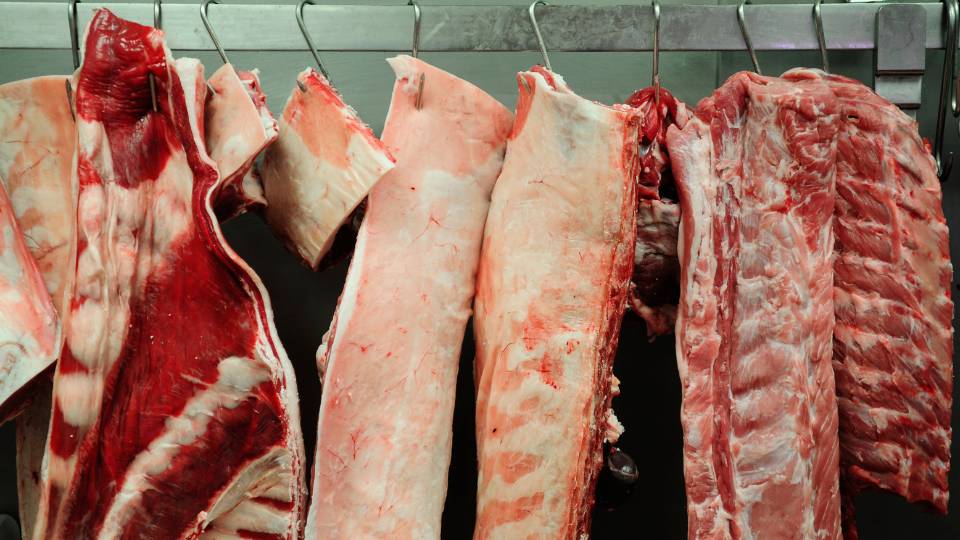
Conclusion
The efforts of UK butcheries to reduce meat waste through initiatives like “Meat in a Net Zero World” and industry collaboration have led to significant achievements, including a 30% reduction in food waste and greenhouse gas emissions.
These strategies, including technological innovations and consumer engagement, not only enhance operational efficiency but also contribute to broader environmental goals.





